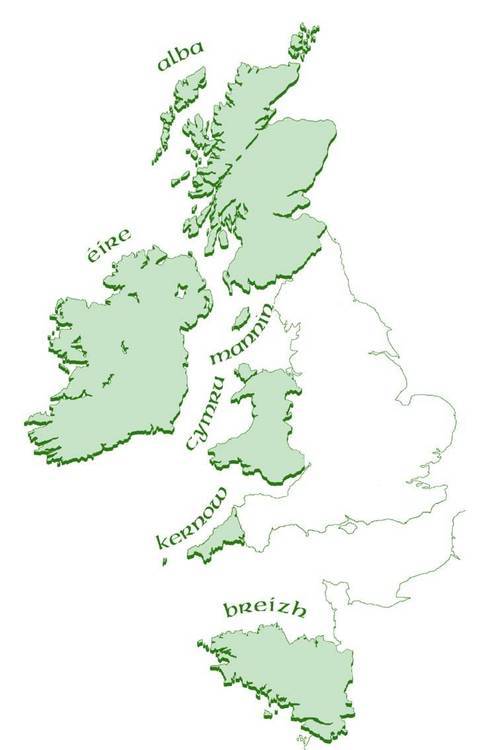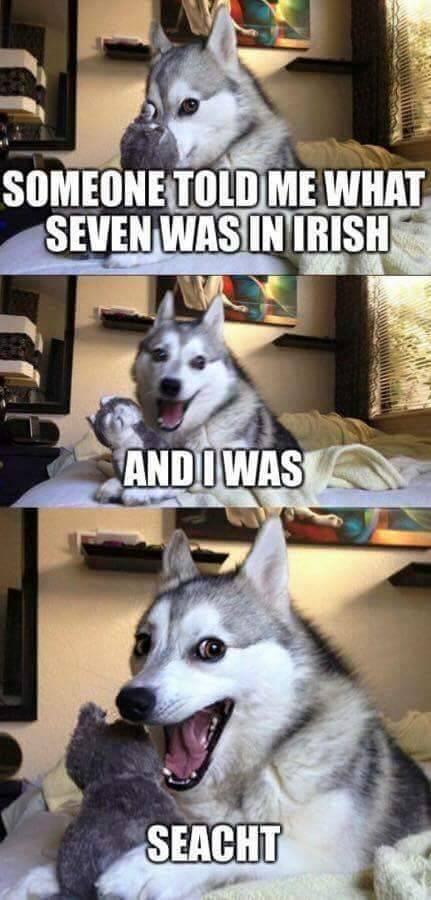Text


Learning all the important things in Welsh
76 notes
·
View notes
Text
When people assume Celtic = Irish I get a strong urge to stab myself in the eye.
No no no no no no.
Sit down we must have a conversation.
There were 6 Celtic nations.

Éire, Cymru, Alba, Kernow, Breizh, and Ellan Vannin.
Ireland, Wales, Scotland, Cornwall, Brittany, and the Isle of Mann respectively.
They’re all related, but not the same. They all have different languages descended from a similar group, Irish (Gaeilge), Scottish (Gàidhlig), Manx (Gaelg), Welsh (Cymraeg), Cornish (Kernowek), and Breton (Brezhoneg). Some are more widely spoken than others, for example Welsh is still commonly spoken in Wales, whereas hearing Cornish in Cornwall instead of English is rare. All Celtic nations have varied mythology and culture. Irish Mythology is different from Breton Mythology, and even Welsh and Cornish mythology (arguably the most related Celtic Nations) have subtle differences to each other. I wish I could add more about the cultures at this time but my knowledge of Celtic nations is primarily made up of the history and languages of those regions, particularly Cornwall.
You might have notice that England and English are missing from this, because the English descended from Anglo-Saxons, who were German invaders that came to the isles right around the Fall of the Roman empire in the 5th Century, erasing the Celtic influence in what is now England.
So what this all really means is that Celtic is an umbrella term, and just because it’s Celtic doesn’t mean it has anything to do with Ireland at all. So don’t assume that just because someone’s talking about something Celtic that they’re talking about something Irish.
131K notes
·
View notes
Text
Let’s bust a myth.
Irish is NOT hard. It is NOT hard to learn. It is NOT impossible to learn. Irish is actually quite an easy language. The keyword here is that it’s different. It’s a different kind of language. Not your Standard European Average language like German or French. There is a lot of influence from Semitic languages, which is attributed to either substratum, language contact and…coincidence? Here’s a list of reasons why Irish is not hard to learn. 1. It’s phonetic. Once you learn the rules of reading it, you can read almost any word, no matter how confusing and long it is. It’s phonetic. So each letter or group of letters correspond to one sound. There may be slight alterations in the various dialects, but you can’t go horribly wrong like you can in English.
2. It’s regular. There are only 11 irregular verbs and out of those, only 6 are pretty crazy and have to be looked out for, other than that, there are very few exceptions.
3. Look out for mutations Lenitions and eclipses. They mark grammatical meaning (like inflections do in other languages, for example) and they make a huge difference. Sometimes, there are disputes between dialects (ar an bhus and ar an mbus, i’m looking at you Ulster and Munster), but you’re not going to make a huge faux-pas when you say mo teaglach instead of mo theaglach. You’re going to be understood, you’ve just made a mistake. 4. The few resources there are are actually very good. I’m going to be posting about these in the crash courses I’m planning to do. 5. Look out for genitive Genitive is tricky and sneaky. But it can be looked up if you’re having trouble since again, it is very regular. 6. The Irish speakers are the most welcoming and supporting language community I’ve met No shade towards other communities (honestly, still scared of French people), but if you show just a little bit of knowledge of Irish, you will be praised and everybody is going to be so happy. If you make a mistake, no problem, everybody makes mistakes, you learn from mistakes. That’s the kind of approach I’ve experienced so far anyway. If fears of difficulty are keeping you from learning Irish, don’t let them. Irish is NOT hard and it’s not worth being scared of.
3K notes
·
View notes
Text
U kno what???? Honestly?? All jokes side about the Duolingo owl, Duolingo is one of the only language education services I know of that doesn’t charge for the full course and I really think we don’t appreciate that enough in a world where knowledge is severely (and increasing) restricted based on income. I just went through the app store and downloaded every language app I can find, and the only two that didn’t charge hefty subscription fees to access all the lessons were duolingo and memrise. Support free education.
213K notes
·
View notes
Text
as a welsh person i want you all to accept that W is a vowel because honestly it makes pronouncing acronyms so much easier. wlw becomes ‘ooloo’, wjec becomes ‘oojeck’, love yourselves and stop giving us shit when we tell you welsh has 7 vowels. english actually has 15 vowel sounds but because y’all only use 5 letters you have to rely on a spelling system devised by satan
138K notes
·
View notes
Text
If you don’t get my Welsh carrot puns, you’re just a moron.
241 notes
·
View notes
Text
english person: the only reason people speak welsh is so they can talk about other people
me: oh my god that's so disrespectful my language is 1400 years old and is one of the most spoken celtic languages and survived your dumb ass country trying to eradicate it cymraeg is a beautiful language that deserves so much more than your hate jfc
me: *talks shit about that person in welsh*
1K notes
·
View notes
Text
If you speak/are learning Irish, Welsh, or German, could you please reblog this?
I’d like to get better at all three of these languages.
2K notes
·
View notes
Text
@ langblrs
reblog if you speak/are learning:
welsh
danish
swedish
icelandic
german
dutch
french
japanese
korean
hebrew
and i’ll follow you, i’m really stuck for langblr content so :’)
2K notes
·
View notes
Text
Old Irish Curses Part 2
Go n-ithe an cancar thú = May grumpiness devour you
Go gcuire sé sconna ort = May it give you the runs
Galar gan leigheas ort = Disease without cure upon you
Lá breá ag do chairde – do d’adhlacadh = May your friends have a fine day – burying you
Tochas gan ingne ort = May you have an itch and no nails
Droch-cháil ort = May you have a bad reputation
Go dtachta an diabhal thú = May the devil choke you
Múchadh is bá ort = Smothering and drowning upon you
9K notes
·
View notes
Text
Halo! Felix dw i. Dw i’n dysgu Cymraeg, a dw i’n eisiau actor Gymraeg!
8 notes
·
View notes
Text

Present Tense
• There is only one present tense in Welsh. E.g. I play/am playing/do play are all conjugated as shown below • Present tense is conjugated in “long form” = bod (conj.) + subj. + yn/’n + verbnoun • The focus of this and all my grammar posts is spoken (particularly southern) Welsh • Conjugations in brackets are most likely to be encountered in formal writing
Word order = bod (conj.) + subject + yn/’n + verbnoun e.g. Dw + i + ‘n + cysgu = dwi’n cysgu This can mean “I sleep”, “I am sleeping” and “I do sleep”
Affirmative - Someone/thing does/is
I am/do (ry)dw i* You are/do (inf.) (rwyt) ti You are/do (pol.) (ry)dych chi* He/she/Tom is/does mae (f)e/hi/Tom The sing. noun is/does mae’r sing. noun (e.g. plentyn) We are/do (ry)dyn ni* You are/do (pl.) (ry)dych chi* They are/do maen nhw The pl. noun are/do mae’r pl. noun (e.g. plant)
* May also be heard with “d” omitted (where y becomes ŷ) in speech: e.g. wi/ŷch chi/ŷn ni
Examples - Bethan is singing = Mae Bethan yn canu The child stands = Mae’r plentyn yn sefyll We wait = Ŷn ni’n aros
Keep reading
352 notes
·
View notes



